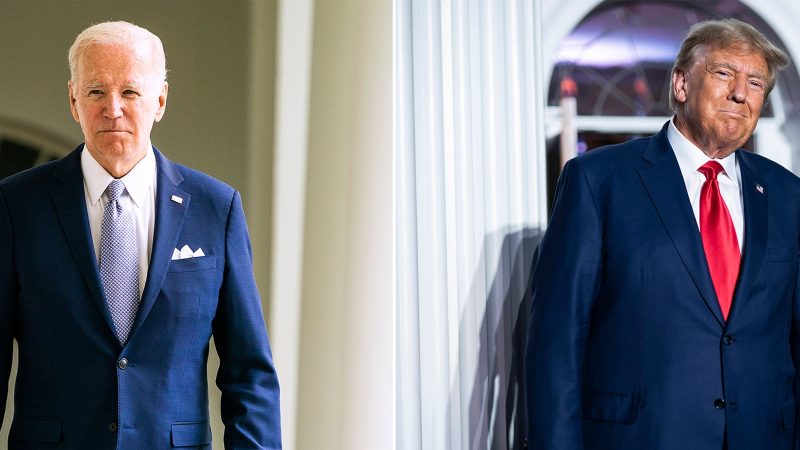The Trump-Biden Battle Over the 2017 Tax Cut
The Trump-Biden battle over the 2017 Tax Cut has become a central point of contention in the ongoing political landscape, with both sides fiercely defending their positions on the issue. President Trump, who championed and signed the tax cut into law, sees it as a critical achievement of his administration that has spurred economic growth and provided relief to American taxpayers. On the other hand, President Biden and his supporters argue that the tax cut disproportionately benefits the wealthy and has failed to deliver on its promises of boosting the middle class.
The 2017 Tax Cut, officially known as the Tax Cuts and Jobs Act (TCJA), was signed into law by President Trump in December 2017. The legislation introduced significant changes to the tax code, including lowering individual and corporate tax rates, increasing the standard deduction, and limiting certain deductions. Proponents of the tax cut argue that these changes have stimulated economic growth, encouraged business investment, and resulted in lower tax bills for many Americans.
President Trump has consistently touted the tax cut as one of the major accomplishments of his presidency, arguing that it has led to a booming economy and record-low unemployment rates. He often points to the increase in gross domestic product (GDP) growth and job creation as evidence of the tax cut’s success. Additionally, Trump argues that the tax cut has given working Americans more money in their pockets, leading to increased consumer spending and overall prosperity.
However, critics of the tax cut, including President Biden and many Democrats, paint a different picture. They argue that the benefits of the tax cut disproportionately accrue to the wealthy and large corporations, with little tangible impact on the middle class. Biden has proposed reversing some of the provisions of the TCJA, such as increasing the corporate tax rate and raising taxes on high-income individuals, in order to fund his policy priorities such as infrastructure investment and social programs.
One of the key points of contention in the Trump-Biden battle over the 2017 Tax Cut is its impact on the federal budget deficit. The TCJA is estimated to have added billions of dollars to the deficit over the next decade, prompting concerns about the long-term fiscal sustainability of the tax cut. Critics argue that the tax cut primarily benefits the wealthy and adds to income inequality, while supporters maintain that the economic benefits outweigh the potential costs.
As the debate rages on, both sides continue to present their arguments and seek to influence public opinion on the 2017 Tax Cut. The outcome of this battle will have far-reaching implications for future tax policy and economic growth in the United States. Whether President Trump’s vision of a vibrant economy fueled by tax cuts or President Biden’s call for a more equitable tax system will prevail remains a pressing question in the country’s political landscape.



























